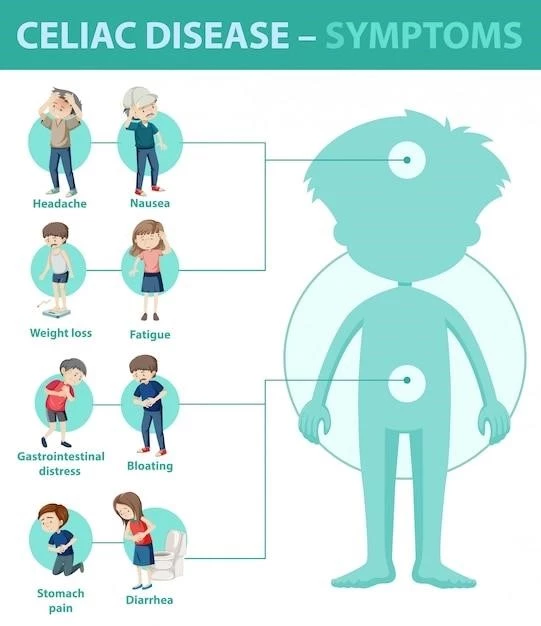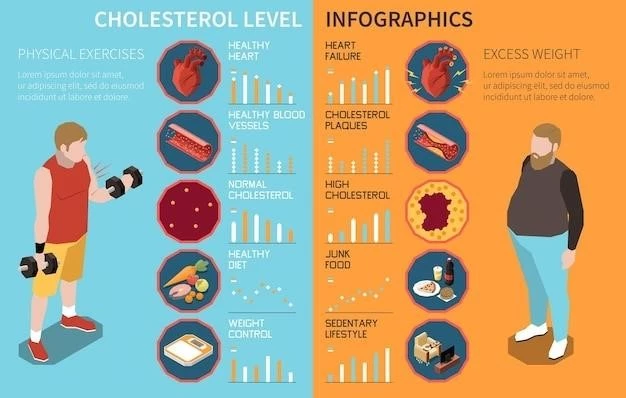Learn about Cockayne Syndrome Type 2٫ including symptoms٫ causes٫ diagnosis٫ treatment٫ prognosis٫ ongoing research٫ and support groups.
Understanding Cockayne Syndrome Type 2
Cockayne Syndrome Type 2 is a rare genetic disorder characterized by growth failure, premature aging, vision and hearing loss, and neurological abnormalities. It is important to consult with a genetic counselor or specialist to understand the specific implications of this condition for you or your loved one. By gaining a comprehensive understanding of Cockayne Syndrome Type 2, you can better navigate the complexities associated with this condition and make informed decisions regarding treatment options and long-term care.
Cockayne Syndrome Type 2 Symptoms
Identify symptoms like slow growth, sensitivity to sunlight, hearing loss, vision problems, and early signs of aging. Consult a healthcare provider for a proper diagnosis.
Recognizing Symptoms of Cockayne Syndrome Type 2
Recognizing symptoms such as growth retardation, intellectual disability, photosensitivity, hearing loss, joint contractures, vision problems, and neurological abnormalities. If you notice any of these signs, it is essential to seek medical advice promptly for a thorough evaluation and appropriate management.
Cockayne Syndrome Type 2 Causes
Understand that Cockayne Syndrome Type 2 is caused by mutations in specific genes affecting DNA repair mechanisms. Consult genetics experts for detailed information.
Exploring the Causes of Cockayne Syndrome Type 2
Explore the genetic causes of Cockayne Syndrome Type 2, which result from mutations in the ERCC6 or ERCC8 genes involved in DNA repair. Genetic counseling can help elucidate the implications of these mutations for affected individuals and their families.
Cockayne Syndrome Type 2 Diagnosis
Diagnosis involves genetic testing, physical exams, and assessing symptoms. Consult with a healthcare provider for a detailed evaluation and appropriate testing.
Methods for Diagnosing Cockayne Syndrome Type 2
Diagnosis typically involves genetic testing to identify mutations in the ERCC6 or ERCC8 genes. Additionally٫ healthcare providers may conduct physical exams٫ review medical history٫ and assess symptoms like growth delay٫ sensitivity to sunlight٫ vision problems٫ and intellectual disability. Seeking specialized medical guidance is crucial for accurate diagnosis and appropriate management of Cockayne Syndrome Type 2.
Cockayne Syndrome Type 2 Treatment
Discuss potential treatment options with healthcare providers. Management focuses on alleviating symptoms and providing supportive care.
Approaches to Managing Cockayne Syndrome Type 2
Management of Cockayne Syndrome Type 2 involves symptom-specific interventions and supportive care. This may include addressing hearing and vision problems, providing physical therapy, ensuring adequate nutrition, and adapting to changes in mobility and neurodevelopment. Collaborate with a multidisciplinary healthcare team to create a tailored care plan that addresses the individual needs of the affected person. Ongoing monitoring and adjustments to the treatment plan are essential to provide optimal support and enhance quality of life for individuals with Cockayne Syndrome Type 2.

Cockayne Syndrome Type 2 Prognosis
Understand the variable prognosis and challenges associated with Cockayne Syndrome Type 2. Seek guidance from healthcare providers for personalized insights.
Understanding the Prognosis of Cockayne Syndrome Type 2
Understanding the prognosis of Cockayne Syndrome Type 2 involves recognizing the varying degrees of severity and complications that can arise. While there is no cure for this condition, early intervention and comprehensive care can help manage symptoms and improve quality of life. It is crucial for individuals affected by Cockayne Syndrome Type 2 and their families to work closely with healthcare professionals to address specific needs and challenges, optimize care plans, and access necessary support services. By staying informed and proactive, individuals can navigate the challenges associated with Cockayne Syndrome Type 2 more effectively.
Cockayne Syndrome Type 2 Research
Stay informed about the latest advancements and studies in Cockayne Syndrome Type 2 research. Consult medical experts for updates on potential treatments and interventions.
Ongoing Research on Cockayne Syndrome Type 2
Stay updated on the latest research on Cockayne Syndrome Type 2, focusing on potential treatments, genetic discoveries, and advancements in managing this rare genetic disorder. Joining clinical trials and connecting with research organizations can provide valuable insights into the ongoing efforts to enhance understanding and care for individuals affected by Cockayne Syndrome Type 2. Your participation and awareness contribute to the collective progress towards better outcomes for those living with this condition.
Cockayne Syndrome Type 2 Support Groups
Find solidarity and guidance through Cockayne Syndrome Type 2 support networks. Connect with others facing similar challenges for shared experiences and resources.
Connecting with Cockayne Syndrome Type 2 Support Networks
Engage with Cockayne Syndrome Type 2 support groups to access a community of individuals, caregivers, and experts who understand the challenges associated with this condition. These networks offer emotional support, educational resources, and a platform for sharing experiences and coping strategies. By connecting with others affected by Cockayne Syndrome Type 2, you can find comfort, guidance, and valuable information to navigate the journey effectively. Joining support networks can empower you with knowledge, reassurance, and a sense of belonging in a community that advocates for awareness and support for individuals with Cockayne Syndrome Type 2.
